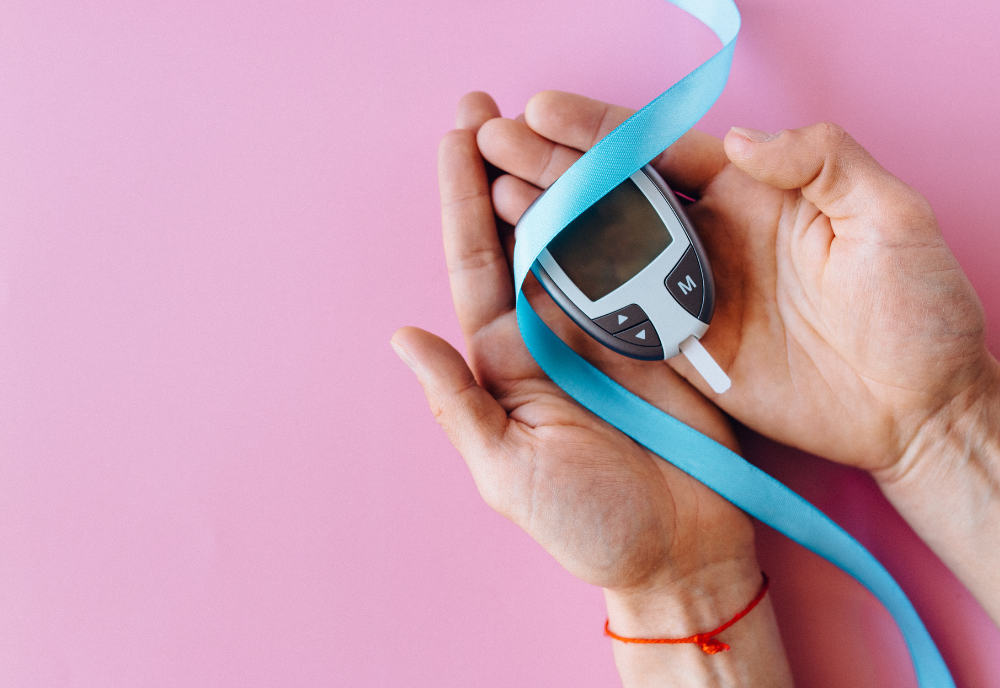It is estimated that around more than 1.8 million Australians have diabetes and more than 120,000 have developed this disease over the past year. Read more about the signs, symptoms and risk factors.
Diabetes, or diabetes mellitus, is a disease that affects the way your body processes sugar (glucose). Glucose is the body’s primary source of nutritional energy. Specific amounts of glucose are maintained and circulated in the blood to meet energy demands. The hormone insulin metabolises glucose. Diabetes occurs when the pancreas is not making (or not enough) insulin, and blood sugar levels rise.
Insulin is required for people with diabetes to stop hyperglycaemia or hypoglycaemia (high and low blood sugar levels) from occurring.
The Risk Factors
The exact cause of Type I diabetes is still unknown. Inheritance plays a part in many cases and certain infections from disease.
Type 2 diabetes risk factors include:
- Obesity
- Fat distribution that is centred around your abdomen. For men, this means having a waist circumference greater than 101cm and for women greater than 88cm.
- Limited physical activity
- Family history
- Ethnicity can play a part in your chance of developing diabetes as certain races have a high level of inheritance of diabetes.
- Having high levels of triglycerides and low levels of ‘good’ cholesterol
- Age
- Being prediabetic
- Women who have or have had gestational diabetes
- Women with polycystic ovary syndrome
Why is it important to diagnose diabetes?
It is imperative to diagnose diabetes as early as possible. Diabetes can be a life-threatening disease if left undiagnosed. Hyperglycaemia) and hypoglycaemia can lead to seizures and unconsciousness, known as a diabetic coma.
Unmanaged diabetes can also lead to:
- Cardiovascular disease: an increased risk of heart disease, stroke, high blood pressure and narrowing of blood vessels (atherosclerosis).
- Nerve Damage. High blood sugar over time can damage or destroy nerves. This can lead to tingling and numbness in your limbs and even numbness, burning, pain or eventual loss of feeling. Damage to the nerves of the heart can cause irregular heart rhythms. In the digestive system, nerve damage can lead to nausea, vomiting, diarrhoea, or constipation. For men, nerve damage may also cause erectile dysfunction.
- Chronic kidney disease or irreversible end-stage kidney disease, which may require dialysis or a kidney transplant.
- Diabetics have an increased risk of severe eye diseases, such as cataracts and glaucoma, and may damage the retina’s blood vessels, which can lead to blindness.
- Reduced immune response is seen in people with diabetes as they are more prone to infections of the skin and gums. Their wounds are slower to heal. Severe damage can result in amputation.
- Many people with diabetes suffer hearing damage.
- Obstructive sleep apnea is common in people with type 2 diabetes. Obesity may be the main contributing factor to both conditions.
- People with Type 2 diabetes have an increased risk of developing Alzheimer’s disease and other conditions which cause dementia. Poor control of blood sugar levels is linked to a more-rapid decline in memory and other thinking skills.
What can you do to avoid Type II Diabetes?
- Maintain a healthy weight
- Eat a balanced diet and avoid eating food and drink high in processed sugar.
- Exercise regularly by doing 30 minutes of exercise per day.
- Visit your doctor for regular health checks.
If you develop or have any of the symptoms outlined above, book an appointment with one of our doctors today.



